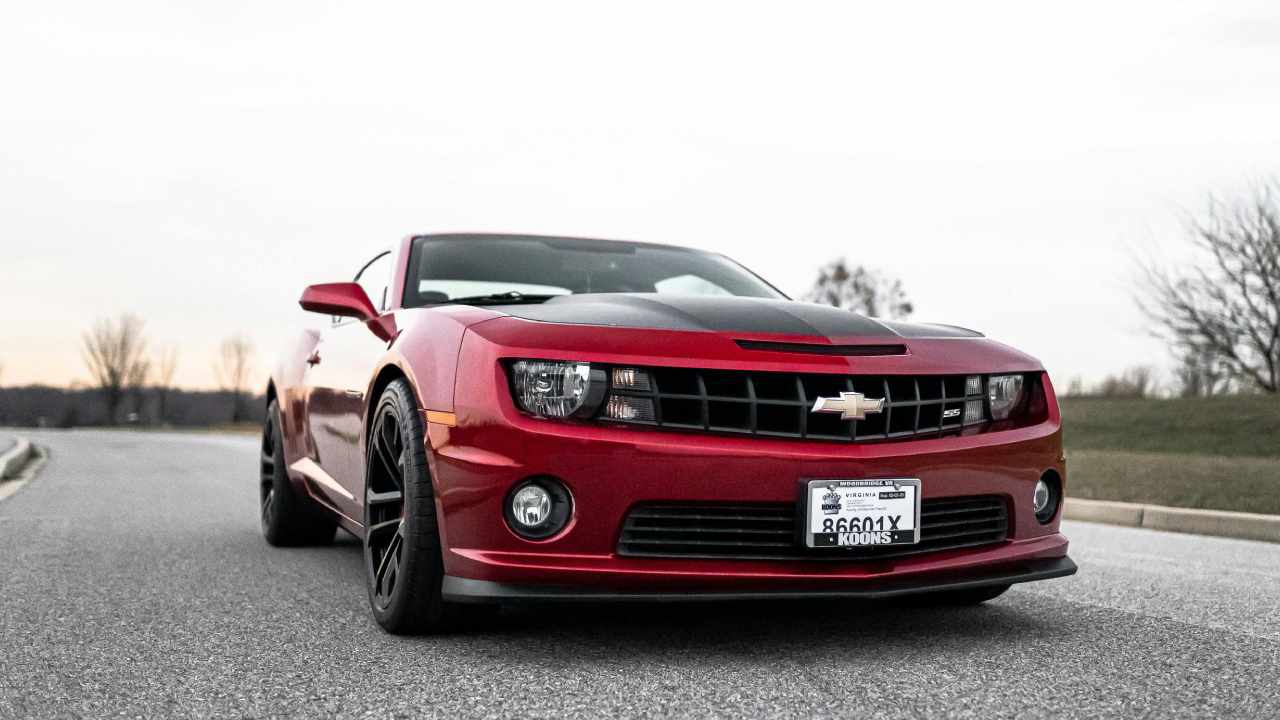
Buying a new car is an exciting milestone, but it’s also a significant investment that requires careful thought and consideration. Whether you’re a first-time driver, a car enthusiast looking for an upgrade, or a family in need of a reliable ride, finding the right vehicle isn’t just about liking the look or price. Your car is an extension of your lifestyle, so it should align with your daily needs, budget, and long-term goals.
This guide will walk you through everything you need to consider—from defining your priorities to making a final decision—so you can drive off in the car that’s truly perfect for you.
Understanding Your Needs
Before you begin scrolling through car listings or visiting dealerships, take time to reflect on your personal and practical needs. Identifying this upfront can save you time, money, and potential buyer’s remorse later on.
Think About Your Lifestyle
- Do you need a compact vehicle for city driving, or would a spacious SUV better suit your growing family?
- Will your car primarily be for daily commuting, road trips, or off-road adventures?
- Do you need specialized features like a third row, a larger trunk, or all-wheel drive for diverse terrains?
Your lifestyle dictates the type of car that will work for you. For instance, if you’re a city dweller, a small, fuel-efficient sedan may be perfect. If you enjoy camping or family road trips, a reliable SUV or crossover could be more suitable.
Consider Your Budget
Understanding your financial situation is critical. Decide on a comfortable budget by factoring in the car’s cost, insurance, fuel expenses, maintenance, and registration fees. Generally, it’s wise to keep your monthly car payment at no more than 15% of your monthly income.
Pro Tip: Don’t forget hidden costs! A pricier car may also mean higher insurance premiums, registration fees, or fuel consumption.
Define Your Priorities
Not everyone values the same features in a car. Do you prioritize fuel economy, high-tech interiors, or top-of-the-line safety features? Creating a list of “must-have” features and “nice-to-have” features can help you focus on vehicles that meet your expectations without overwhelming you with options.
Researching the Market
Now that you’ve pinned down your needs, it’s time to explore the market for the car that ticks all your boxes.
New vs. Used Cars
Deciding between new and used cars can have a major impact on your budget and overall driving experience.
- New Cars: With new cars, you’ll enjoy the latest technology, warranty coverage, and the peace of mind that comes with a fresh start. However, they tend to cost more upfront and depreciate quickly.
- Used Cars: A used car can be significantly cheaper and cost-effective. Look for certified pre-owned vehicles that often include warranties and have undergone thorough inspections.
Evaluate Fuel Efficiency
With rising fuel costs, opting for a car with excellent fuel economy can save you a significant amount of money over time. Additionally, consider electric or hybrid vehicles if you want to reduce your carbon footprint while also cutting fuel costs.
Essential Safety Features
Safety features are not negotiable. Look for vehicles equipped with modern safety technologies like automatic emergency braking, lane departure warnings, and blind-spot monitoring systems. Don’t forget to check crash test ratings from reputable sources like the National Highway Traffic Safety Administration (NHTSA).
Test Driving
Once you have a shortlist of potential vehicles, the best way to gauge their fit is to take them for a test drive.
Why Test Driving Matters
You wouldn’t buy a house without walking inside first, right? The same goes for cars. A test drive allows you to experience the car’s comfort, handling, and performance while giving you insight into its overall quality.
What to Look For During a Test Drive
- Comfort: Are the seats supportive? Is there adequate legroom and headroom for the driver and passengers?
- Visibility: Can you adjust the mirrors to eliminate blind spots? Does the windshield provide a clear view?
- Handling and Performance: Pay attention to how the car accelerates, brakes, and corners. Does it handle well at various speeds?
- Technology and Features: Check that the infotainment system, climate controls, and other features work seamlessly.
Pro Tip: Try driving a mix of city streets, highways, and parking lots to see how the car performs in different conditions.
Financing and Budgeting
Paying for your car is one of the biggest steps in the buying process, and understanding your financing options is crucial.
Pay in Full or Finance?
If you have the savings, paying for your car upfront can save you from interest payments. However, financing is a common option for most buyers. With financing, ensure you shop around for loans with the best interest rates and terms.
Leasing vs. Buying
- Leasing: Leasing allows you to drive a new car for a lower monthly cost, but you won’t own the car at the end of the lease period.
- Buying: Buying may cost more monthly but offers ownership and the freedom to drive without mileage restrictions.
Understand Trade-In Value
If you have a car to trade in, its resale value can act as a discount on your new purchase. Make sure to research its worth ahead of time to ensure you’re getting a fair deal.
Making the Final Decision
You’ve done your homework and taken a few test drives. Now it’s decision time.
Consider Long-Term Implications
Think beyond the purchase price—consider maintenance costs, repairs, and whether the car holds its resale value over time. A slightly more expensive, reliable car might save you money in the long run compared to a cheaper model with higher repair costs.
Trust Your Instincts
At the end of the day, you’re the one driving the car. If something feels off during your test drives or discussions with the dealer, trust your gut—there’s always another car out there.
Pro Tip: Take your time. Decisions made under pressure are rarely the best ones.
Find the Car That Fits Your Lifestyle
Choosing the perfect car is about more than just specifications—it’s about finding a vehicle that enhances your daily life. By understanding your needs, researching thoroughly, and test driving with purpose, you’ll feel confident about your decision.
Are you a pro car buyer or looking for advice? Share your thoughts and experiences in the comments below—we’d love to hear them!
